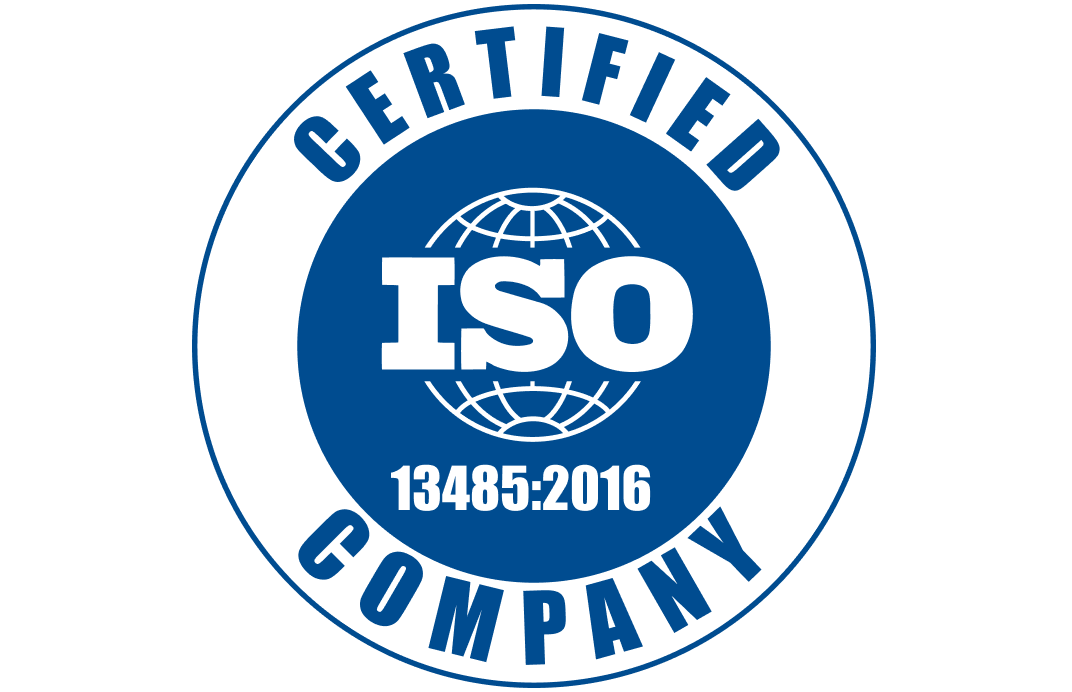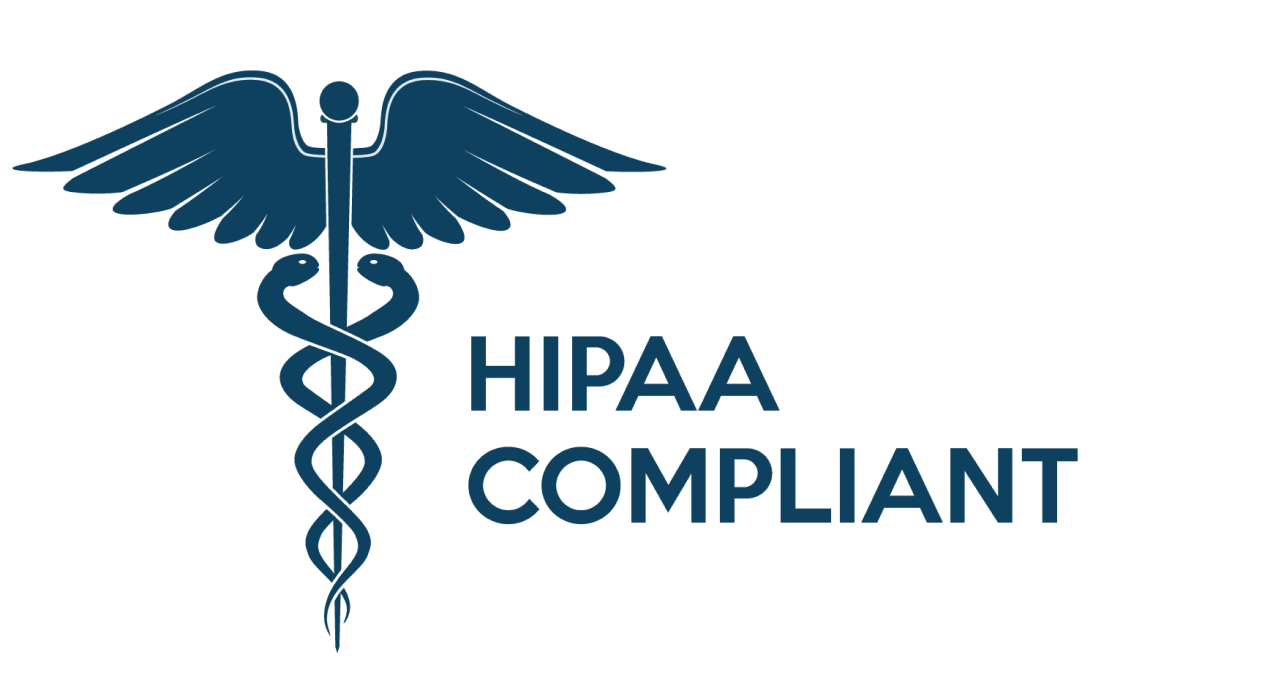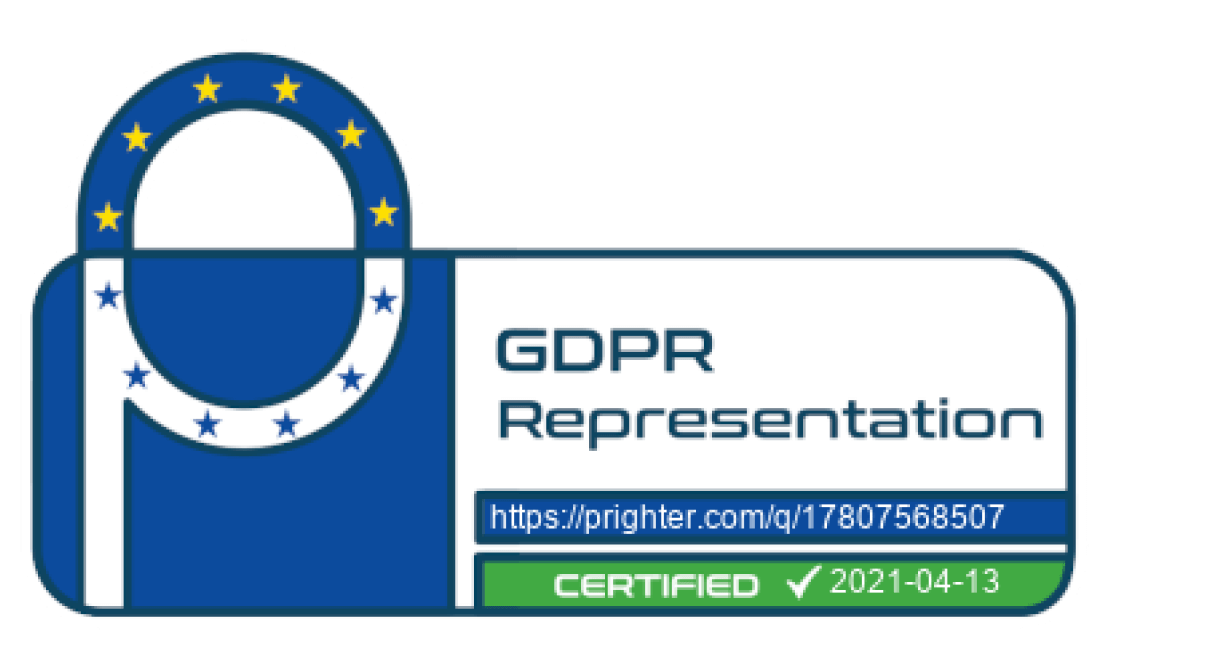Are Health and Wellness Apps the Next Big Thing for KYC Initiatives?
The global eKYC market is estimated to grow by about 22% between 2020 and 2026, a huge jump that will transform it into a billion-dollar industry. If you don’t know ‘Know Your Customer’ – you’re about to.
Know Your Customer is better known as KYC and is a concept that began in the finance industry. Simply understood, it is the process where an organization confirms the identity and profile of its clients and assesses their suitability for a product or service. The better you know the customer, the less likely your business is to fall victim to criminal activity such as money laundering, fraud, or reputational damage. It all boils down to risk management.
If other industries follow the same pattern as the financial world, it won’t be long before KYC initiatives become more than just a ‘nice to have’. Compliance laws around the world dictate that KYC programs must be put into place and in fact have become a crucial part of the customer-business relationship. While in the United States, for example, KYC has been mandatory for all US banks since 2002, Australia, Canada, and New Zealand all have compliance laws in place that mandate KYC more broadly, for all financial transactions, therefore encompassing a much wider range of industries in the legislation.
To watch the webinar that inspired this blog post, please go here.
Goodbye KYC, Hello eKYC?
KYC is now intrinsically connected to technology, thanks to the breadth of operations that today’s organizations handle, the global nature of the business, and the online nature of many of today’s products and services.
Think about getting insured, as one simple example. Customers would likely not even know where to begin in finding a physical insurer to buy services, and we are all used to buying travel, health, or home insurance online with one click. It’s not just insurance either. 3 out of 4 Americans believe physical banks are becoming obsolete, and 2020 has shown people that even traditionally face-to-face services such as healthcare can be handled remotely. This has happened almost overnight for some areas, through video-conferencing software, remote diagnostic tools, or the latest advances in digital healthcare. Think about insurers such as Lemonade, who offer 19-second insurance onboarding, and payment for claims in under 3 minutes from end to end.
So, KYC becomes eKYC. Here’s what these initiatives would likely look like in each of these three major industries.
Fintech: Is the source of any specific customer funds legitimate? Is a transaction suspicious? A client’s financial profile will decide whether they are a suitable candidate for loans, mortgages or any kind of financial risk. The more you know about spending habits, credit history, and even personality – the better.
Insurtech: Risk management is a huge part of the insurance industry, with all companies employing actuaries to manage the financial consequences of these risks. eKYC is crucial in offering customers an adequate price model or premium. As companies continue to say yes to digital-first business models, eKYC processes need to be digitalized and automated, and inherent inside any insurance applications or insurtech solutions, from day one.
Medtech: Remote, digital healthcare has taken such a leap in recent years and continues to grow. This supports clinical experts in reaching new under-served populations or allows for healthcare to continue unimpeded in global situations such as the COVID-19 pandemic. Digital healthcare is here to stay, even post-pandemic. It’s up to healthcare organizations to find new and emerging ways to onboard new patients and handle issues such as the cost of unnecessary appointments, medicines, and treatments, false credentials, or identity theft. KYC is an important part of this.
A Common Thread: Understanding Why Wellness Insights are Critical for KYC
Underneath the risk management, is a real drive for companies to better understand their customers, in a similar way to the benefits that corporate wellness has achieved for relationships with their employees.
In the corporate world, data from corporate wellness applications is already impacting anything from health insurance premiums through to sick days and mental health checks. Fintech and insurance businesses are now turning to wellness applications to find out more about their customers, with use cases such as the accurate forecast of customer insurance policy renewals or claims in insurance, or reducing the risk of fraudulent health insurance claims, or profiling their risk for loans. In fact, in many cases it’s already happening.
Let’s look at just a few examples of how companies are moving towards integrating wellness capabilities into their digital offerings, and either advertently or inadvertently improving the KYC standards from the ground up.
P&C Actuaries
Property and Casualty insurance has one of the highest risk scores in the insurance world, and an actuary’s job is to limit this risk, traditionally with mathematical algorithms that give insight into how likely a customer is to make a claim. These datasets are built through aggregating information that can include anything from a customer’s commute time to their shopping habits.
Lin Xing, FCAS, who works in risk management at Verisk Analytics commented that even something as seemingly innocuous as buying a new TV could have an impact on health insurance premiums. Chris Stehno, Managing Director of Human Capital practice at Deloitte, has created 150 disease and medical condition algorithms that bring together available data to predict risk management scores. Together, the pair have been thinking for some time about how the addition of direct insight into wellness metrics such as vital signs or mental stress could augment these algorithms.
“Originally the models were used in financial areas, helping health and life insurers hone their rates” Xing commented. “More recently, life insurers used the information to simplify the underwriting process, and health insurers used the information to encourage healthy behaviors. In the future, the pair see this going even further. Actuaries could be “on the forefront of innovation, taking advantage of the powerful tools of the wellness industry to create a happier, healthier and more profitable property-casualty book.”
Banking and Financial Well-being
The financial sector is already making the same shift, understanding the value of pushing wellness initiatives in the direction of its customers. As well as leading corporations like American Express, whose customer app includes a free subscription to mental health app, Calm, some financial organizations are forging their whole identity around health and wellbeing.
Take Discovery Bank, for example. The South African based bank links physical health with financial wellbeing, and for good reason.
Here are just three of the links that are starting to gain global attention:
- Mental health: 25% of Americans say that they worry about money “all the time.” It should come as no surprise that financial well-being is directly related to stress and anxiety. This can affect mood, sleeping habits, and overall productivity.
- Physical health: Did you know that 20% of Americans would skip a doctor’s appointment if it would save them money? Access to the healthcare needs to be universal and non-prejudiced, giving equal insight into wellbeing regardless of financial status.
- Social skills: It stands to reason that if your financial wellbeing is suffering, you’re going to be able to socialize less and have less budget to spend on leisure. This has a knock-on effect on mental health, too, which in turn impacts your ability to thrive at work.
As a result of this cyclical relationship, Discovery Bank directly links financial and physical wellbeing offerings, such as providing 100% cashback on gym membership, as well as its Discovery Rewards program. This rewards customers for living well, improving their health score, spending responsibly, and being safe. For Discovery, these are all sides of the same coin.
Getting the Most Accurate and Comprehensive Tools for Monitoring Wellness
It’s clear that wellness tools can be a vital part of eKYC, adding insight and datasets to mathematical algorithms, directly impacting financial wellbeing and risk, and helping organizations to get a lot closer to their customers. In turn, this builds brand loyalty and long-term relationships that go the distance, with benefits on both sides.
The main challenge then, isn’t whether to incorporate wellness into your KYC routine, it’s through which technology provider?This is no easy question to answer, and organizations need to do their own research. After all, companies are dealing with regulatory scrutiny as well as customer wellbeing, two sensitive subjects.
Binah.ai transforms any smartphone camera into a vital-signs monitoring tool and is already adding KYC insight for enterprise customers in a secure, scalable, and effective way. Here are 5 examples:
- Breadth of Vital Signs: The more data the better, and we cover a wide range of vital signs monitoring from any digital healthcare application. This includes heart rate, heart-rate variability, oxygen saturation, and respiration, with blood pressure and blood alcohol levels coming soon. The eKYC use cases in finance, healthcare, insurance, and beyond are limitless, and growing every day.
- Holistic Approach: We recognize the importance of mental health as equal to physical health. We base our stress assessment on Baevsky’s Stress Index measurements and give insight into how your customers are really doing. Reach out proactively, and assess the risks of depression or anxiety ahead of time.
- Empowering the Users: Users can take charge of their mental and physical health, following their own trends over time. No need to gamify the experience or operationalize sending the data to customers, they have access to vital signs monitoring from any smartphone, tablet, or laptop at any time, augmented by your own management dashboard behind the scenes. Your customers don’t need any medical knowledge or technical support, it’s as simple as taking a video selfie. And most importantly for compliance and privacy use cases – they can delete the data any time they wish.
- Ease of Use, Anywhere: Unlike wearables, Binah.ai’s vital signs monitoring can be accessed from any device with a camera, even offline, leveling the playing field for customers anywhere in the world, even in emerging economies. Our measurements are continuously tested and found to have high levels of accuracy, so no second-guessing your customers, either.
- Adding Comprehensive Data to Decision-making: eKYC should be more than demographic profiling. Add data to the most important moments of truth. This could be anything from establishing a client’s financial well-being to testing a health insurance claim, empowering healthcare staff to complete remote medical checks, or adding dynamic underwriting to your yearly check-in.
When implemented intelligently, eKYC initiatives can help organizations to better know their customers, reduce risk (and therefore costs), forecast more efficiently, and get accurate visibility over their entire organizational ecosystem. Mandated in banking, it’s no surprise that the process has spread like wildfire across all customer-facing enterprises.
Digital healthcare apps are uniquely placed to add insight into the physical and mental health of customers, and can make all the difference when managing risk, and improving customer experience, while pushing them to lead a healthier lifestyle.

 close
close




